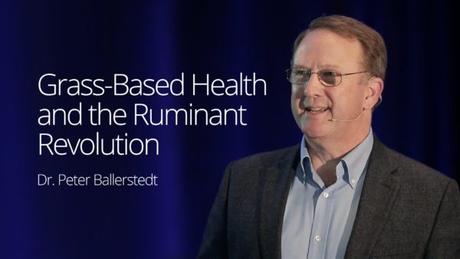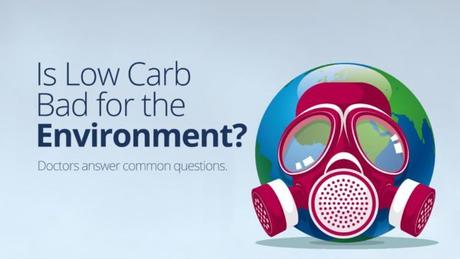
Consumption of meat is often called a contributor to climate change. And it's a fair argument, given that industrial-styled agriculture does release methane and carbon dioxide (even if this - unlike the burning of fossil fuels - is part of a carbon cycle and leaves the atmosphere within a decade or so).
But does this mean that low-carb diets are inherently bad for the environment? Or could it instead be a part of the solution?
Professor Grant Schofield and George Henderson just published a post, mentioning some mitigating factors of low carb that seldom are taken into account when people are debating food and climate, like these:
- Low carb is not a high-protein diet, and so does not require eating more meat in the first place.
- Low carb is an appetite-controlling diet which often leads to eating less. And eating less leads to less food production and thus fewer emissions.
- Eating saturated fats from animals could shift our dependency from the environmentally-deleterious palm oil.
- Low carb can even be eaten as a vegetarian, if one should desire to.
Check out the full post, it might well change your view on diet and climate:
The Science of Human Potential: Defending LCHF in the Climate Change Debate


